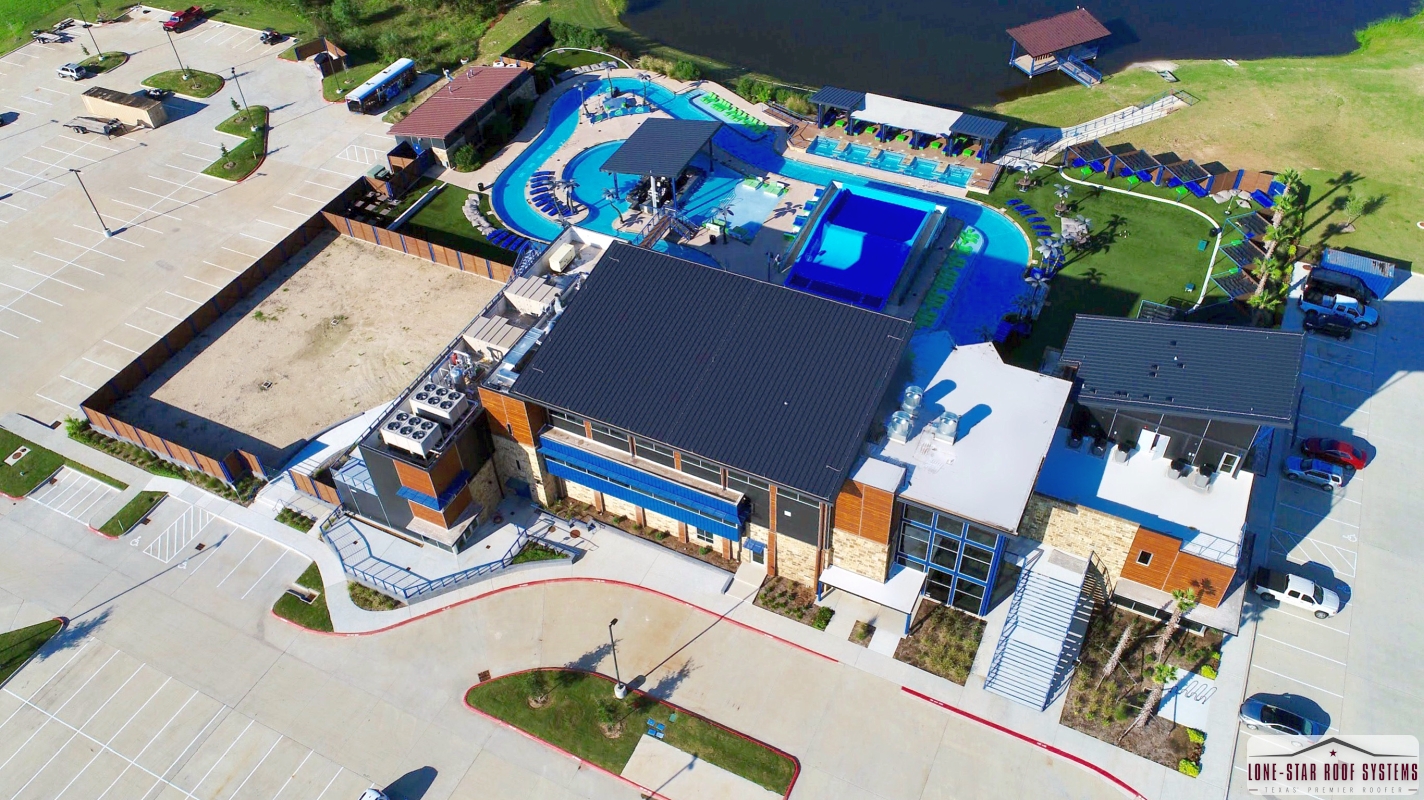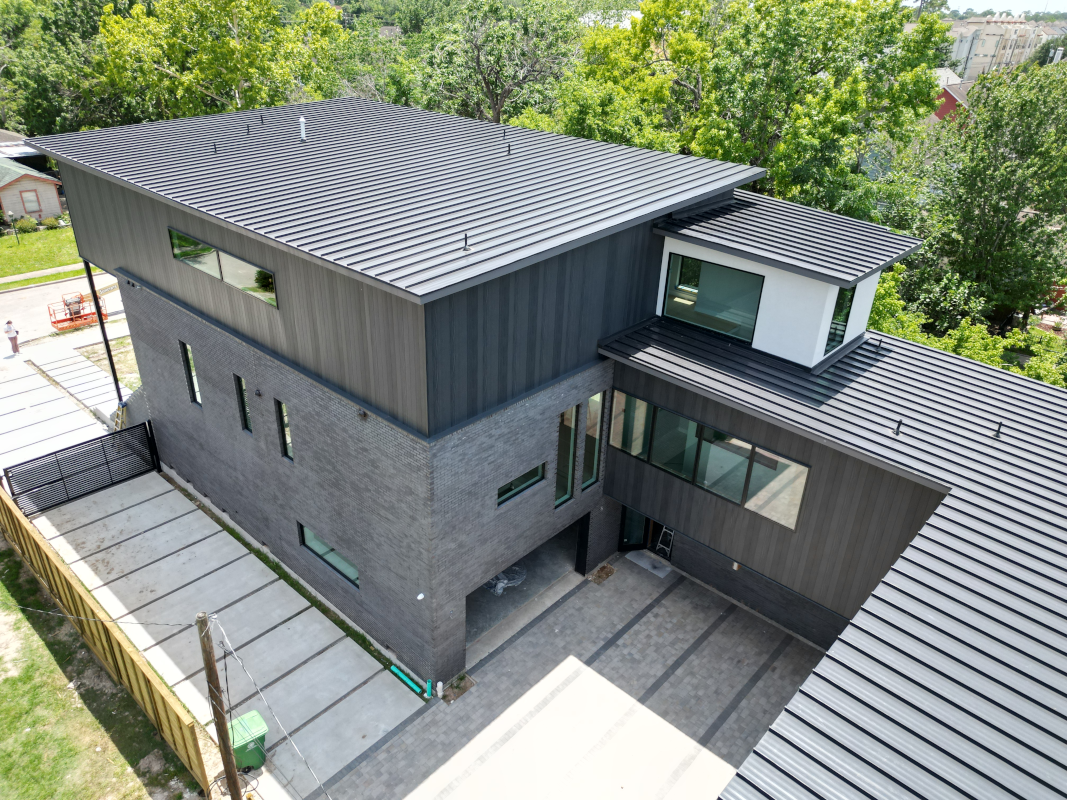If you suffer roof damage in winter, you may wonder if it’s possible to repair it. Is it too dangerous to work on a roof during winter? Will any contractors be willing to take on the job? This article has been put together to help educate you on roof repairs in winter. Below, you will find all the pros and cons of getting your roof fixed when during the winter months:
Pros:
Arguably, the biggest pro of winter roof repairs is getting to your roof before minor problems become significant. Winter weather can cause small cracks to turn into larger ones and encourage more to appear. So, if you wait until it gets warm and dry, your roof will be in worse shape, and more repairs will need to be done. Consequently, the cost of your rehabilitation can shoot up.
Also, it’s freezing in the winter, and you must keep as much heat in your home as possible. A crack in your roof can let so much heat escape and keep your family shivering until it’s fixed. What does this mean? It means you will turn your heating on full blast to compensate for your home’s coldness. This results in high heating bills, meaning you save money. Get your roof seen in winter, and you can reverse the problem and keep your home nice and toasty.
Another pro is that finding a roofer that can fix your roof during the winter is often easier. This is because they are usually in high demand throughout the warm months. So, getting a top roofer in is more accessible as their work may slow down because most people think it’s a bad idea to get their roof fixed in the winter!
Cons:
There are some negatives to having your roof repaired in winter, and one of them is that not all roof types can be fixed in cold conditions. Rubber roofs should be kept from being installed or worked on in winter as the temperature is too high. Asphalt shingles can also be susceptible to problems when handled in winter.
You must also realize that winter is a hectic time. You have a lot planned and may be going on holiday or visiting relatives. The last thing you want is a roof repair job that takes too much time and disrupts your holiday travel plans.
Finally, wet and slippery winter weather conditions can make roof repairs more dangerous. What if your contractor’s tools slip off an icy roof and injure you or a family member? Accidents like this could happen in the summer, too. However, the likelihood is heightened when there’s ice and water everywhere.
If you have roof problems during winter, ideally, you need them fixed as soon as possible. Make sure you talk to a qualified contractor and ensure they deem the conditions safe to work in and can give you an estimate of how long the job will take.



